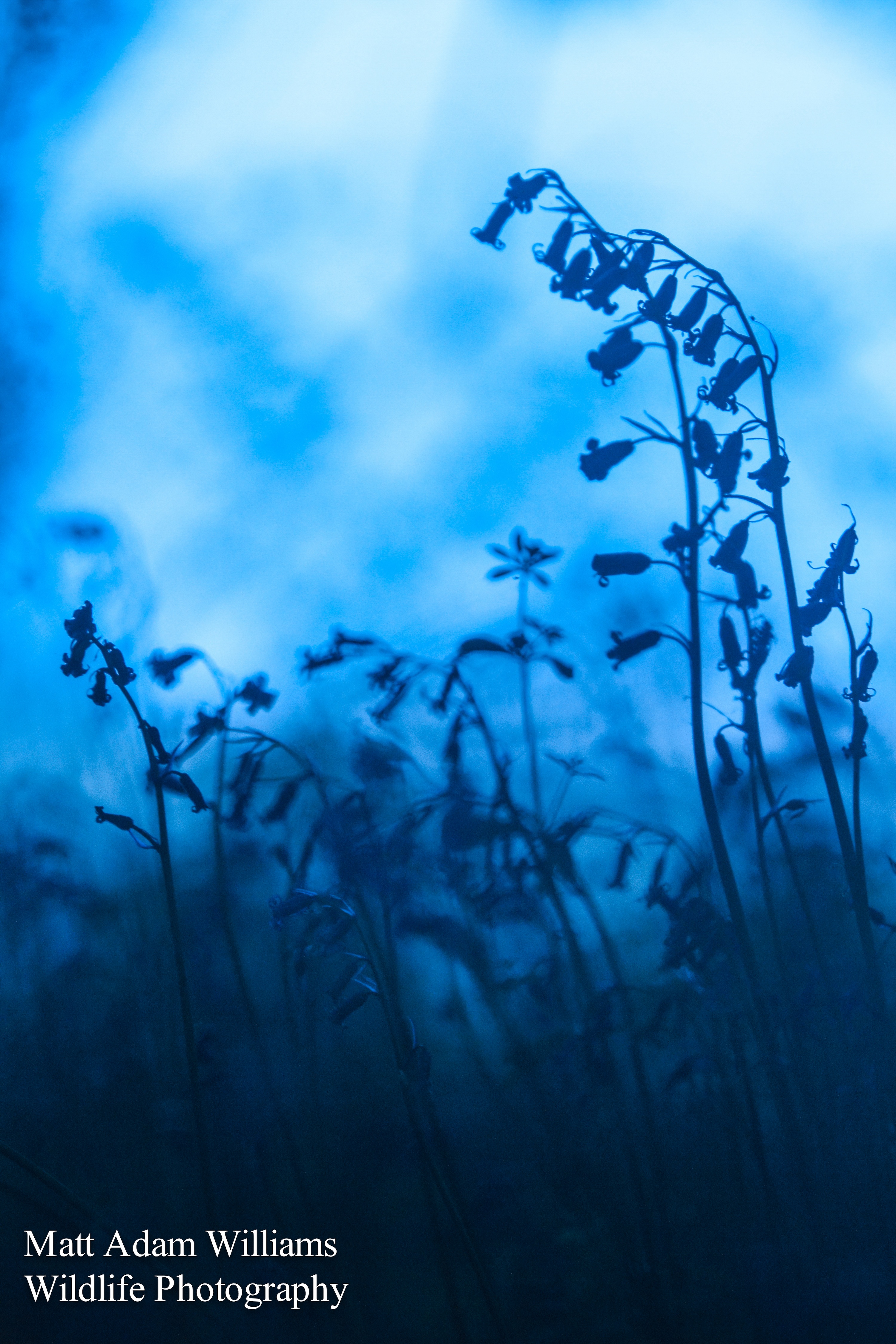The State of Nature 1 – why it’s up to youth
A new report published today by a range of wildlife and conservation organisations has for the first time revealed the extent and rate of the decline of UK wildlife. The State of Nature report shows that for the 3148 species analysed, 60% of them have declined in the last fifty years.
More than one in ten of the species assessed are thought to be at risk of extinction and the 155 priority species that are on a special Watch List have declined by 77% in the last 40 years. From reptiles to mammals to birds to plants, there is bad news for wildlife across the board.
Having grown up loving nature from a very early age, this is deeply saddening, but also gives me more conviction than ever to work hard in both my personal and professional lives to save nature. The natural world enriches our daily lives, from the birds in our garden to the tigers in distant jungles. And while policies and laws may help wildlife or may jeopardise it, no one actually tells a bird where to fly or an otter where to swim – and in that pure freedom I find a frisson of excitement.
But what is more worrying is that if these trends continue, things could be even worse when I’m old and greying. I still hope to live out many decades, and I don’t want to live in the countryside in 50 years’ time that these trends would result in. So for me, this report tells a picture about the present, but also about my future.
As I enter my late 20s, I realise that I’m no longer able to pass the buck, to blame older generations and to call on them to act quite as much as I used to. I’m not sure how much longer I’ll get away with calling myself ‘young’. But while I still count as young, I want other young people like me to realise the challenge we’ll face over the next few decades and the responsibility we’ll have to work together as citizens and decision makers to undo the damage wrought in the past half a century. This report is a call for two things: intergenerational justice – to say that young people today need all the help we can get from those with the power to make decisions to preserve our countryside; but it’s also a call for young people to take action.
I’ve been passionate about nature since the age of five, and thanks to initiatives such as A Focus on Nature, today I’m surrounded by talented naturalists and conservationists from seven years old to thirty. Together, we’ll inherit the countryside that is shaped by the decisions and actions of today’s citizens, politicians, land-managers and businesses. As young people we need to take action today to ensure that those decisions benefit it.
We also need to begin planning how we’re going to reverse these declines in the long-term too. Because it looks increasingly likely that those in power aren’t up to the task. And we don’t need to wait until we’re in our thirties or forties to start – we can do this right now by building a strong youth movement for nature.
However, we need to be fully aware that, more widely, our generation is more disconnected from nature than any generation before, and we need to figure out how to inspire our friends about the natural world and why they should care for it and help us to protect it. Otherwise, saving nature will be a lonely job and an uphill struggle in a society that is largely unaware of its beauty and benefits.
So, our first tasks must be to inspire other young people, to connect with each other better and work harder together, and also to strategise and plan how we’re going to turn decisions that damage nature into ones that protect and nurture it. Let’s get going.

